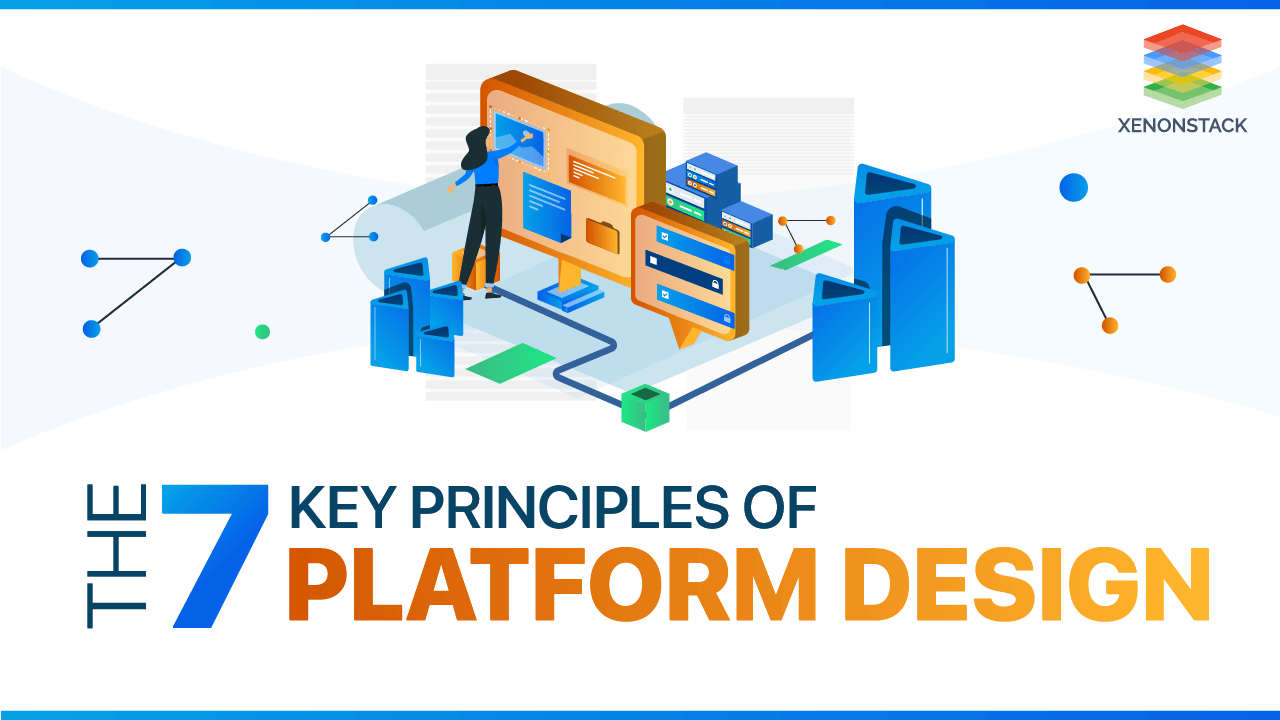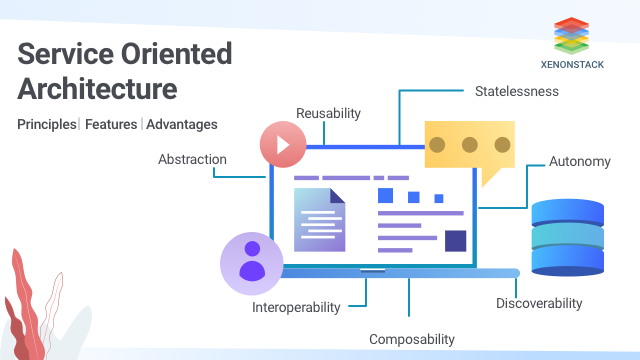
What is a Platform Design?
For a sustainable business model that will thrive over the next decade and beyond, consider the platform model. Traditionally, startups and major technology firms have pioneered platform businesses. However, this trend is shifting as established companies now invest their profits into creating new platform ventures.
The digital transformation strategy has 4 main areas: Grab customer attention, Transform products, Optimize operations, and Empower Employees.Click to explore about, According to a study of Microsoft
Why Platform Design Principles?
To effectively adopt platform thinking, it is crucial to resist the urge to "integrate" with complex processes and broad solutions. The goal is to avoid creating a one-size-fits-all solution, as having a "hammer" can make everything look like a "nail."
By focusing on the basics, we have identified eight essential Platform Design Principles. These principles are vital for designing sophisticated, interconnected, and digitally transformed strategies in the modern world.
Applying Platform Design Principles
These principles can be seamlessly integrated into your daily operations, whether you're developing a new product, service, organization, or process. They provide a straightforward framework for integrating an ecosystem through platform strategies.
Digital Transformation in Retail Industry brings a revolutionary change in the field of business.Click to explore about, Digital Transformation in Retail Industry
Embrace the Potential at the Edge
One of the most crucial principles is recognizing the power of small entities—individuals, groups, and small organizations—to create significant impact. Modern production tools, accessible information, and resources like cloud services and machine learning are now within reach, enabling these entities to innovate and influence their environments.
Foster Emergence
Creating an ecosystem cannot be forced; it must be allowed to develop organically. Platform strategies should support existing ecosystems to flourish and function optimally. Instead of dictating what the ecosystem should achieve, focus on enabling its natural growth and interactions.
Digital transformation strategy is the fusion of digital technology into all industry sides, changing how you use and convey it to customers.Click to explore about, How Digital Transformation Affects Businesses?
Enable Self-Organization for Customization
Consumers increasingly demand personalized solutions. While technology can reduce production costs, true customization remains a challenge for traditional industrial processes. By empowering businesses within the ecosystem to tailor their offerings to individual needs, platforms can meet diverse consumer demands more effectively.
Promote Continuous Learning in a VUCA World
In a world characterized by volatility, uncertainty, complexity, and ambiguity (VUCA), continuous learning is essential. Modern organizations must offer participants opportunities for rapid learning, encouraging them to join and engage with the platform. The learning journey should be enjoyable and progressive, from initial interaction to advanced skill development.
Digital Manufacturing services help address fundamental industry requirements – Right from adequately translating design intent from the virtual world to the manufacturing floor. Click to explore about, Smart Manufacturing and Automation Service AI
Design for Disobedience
As power shifts from centralized organizations to ecosystems, innovation must come from within the ecosystem. Platform designers should allow participants to experiment and adapt their roles. When new behaviors emerge, they should be integrated into the platform, fostering innovation and adaptability.
Foster Interconnectedness
Designing platforms is about creating interactions across large systems rather than producing isolated solutions. Focus on facilitating relationships and peer-to-peer interactions, ensuring both producers and consumers can maximize their outcomes while minimizing conflicts of interest.
Engineering Excellence to build Next Generation Products and Platforms. Explore our Product and platform Development Services.
Embracing the Whole, Letting Go of Identity
In a connected economy, brands and organizations must be willing to relinquish some control to allow the ecosystem to thrive. This might involve stepping back from certain products or services to avoid conflicts and enable broader ecosystem growth. Embracing the collective goals of the ecosystem ensures long-term success.
Conclusion
These principles are derived from working with pioneers and innovators across various sectors. Embracing them can future-proof your ideas and enhance your chances of creating a vibrant, long-term ecosystem that benefits everyone involved. Adopting these principles is not just advisable; it is essential for sustained success in our connected society.
-
Explore about Digital Transformation in Healthcare with AI Solutions
-
Discover more Digital solutions for Hospitality sector
-
Reference - https://www.boundaryless.io/



